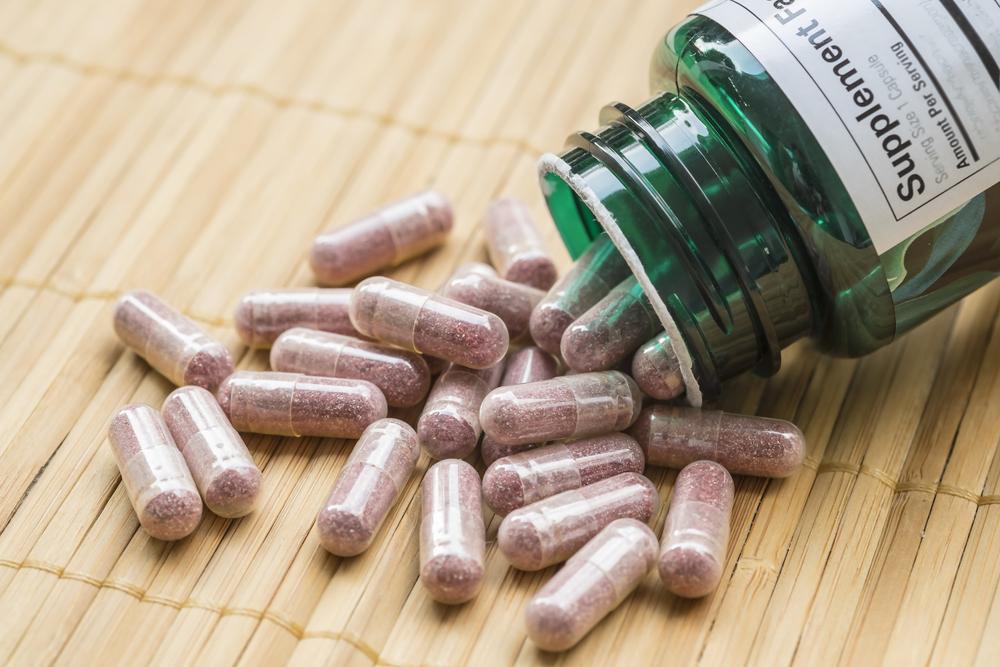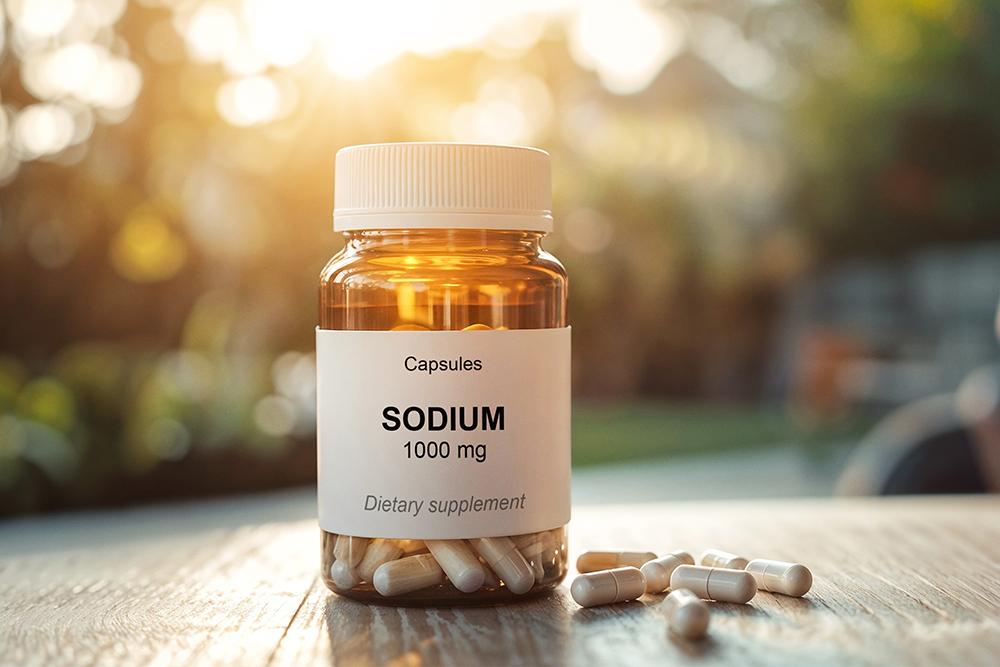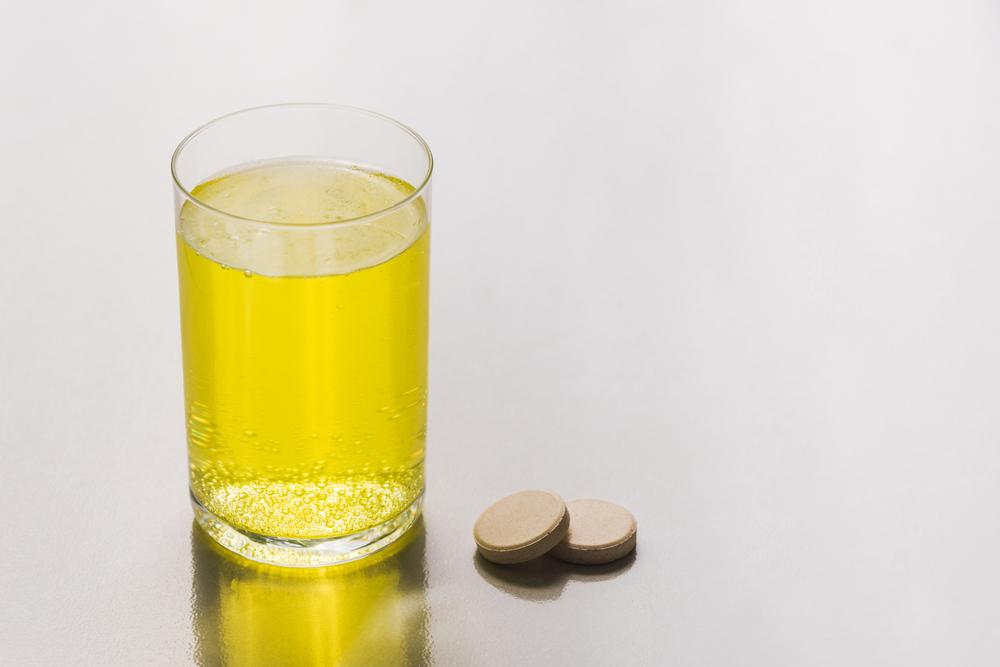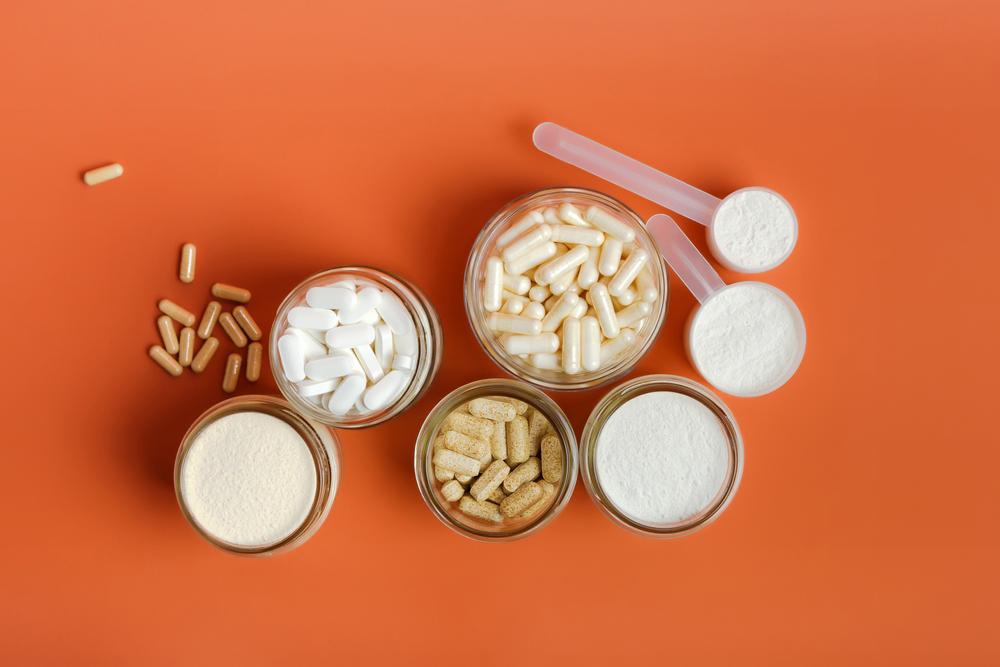 Has your young athlete expressed an interest in using nutritional supplements to improve athletic performance? Aggressive marketing from the supplement industry has adults and kids convinced they need supplements to perform at their best, but there are some important considerations parents need to keep in mind when talking to young athletes about supplement use.
Has your young athlete expressed an interest in using nutritional supplements to improve athletic performance? Aggressive marketing from the supplement industry has adults and kids convinced they need supplements to perform at their best, but there are some important considerations parents need to keep in mind when talking to young athletes about supplement use.
Supplements are not rigorously regulated
Whereas medications are rigorously tested and regulated to ensure they are safe and effective, the Federal Drug Administration does not regulate the nutritional supplements the same way. Dietary supplements are assumed to be safe. The FDA only steps in when people get sick from a product. Supplements may contain ingredients not listed on the label, may not contain inconsistent amounts of specific ingredients, and may even contain prohibited substances considered performance enhancing drugs.
Supplements may lead to malnutrition
Ironically, when athletes rely on supplements in place of real food they may miss out on an enormous variety of nutrients. By eating eggs, dairy products, meat, and legumes, athletes take in various carbohydrates, fats, vitamins, minerals and micronutrients as well as protein. Mother Nature is the best manufacturer there is. In contrast, protein powder produced in a factory is often isolated whey protein and will not contain the wealth of other nutrients found in food.
“Energy” Supplements May Contain Excessive Stimulants
The reason why energy drinks or pre-workout products “work” is because they contain stimulants. Caffeine is a common ingredient in such products. Because caffeine is so common in our society most people have a pretty good sense of how caffeine affects them, and they can make an informed judgement about using caffeine. However, just because caffeine is commonplace doesn’t mean that it should be taken lightly. The American Academy of Pediatrics recommends children under the age of 12 should not consume caffeine AT ALL, and that adolescents older than 12 should limit caffeine intake to 85-100mg/day. For perspective, some energy drinks contain 250mg of caffeine per serving and are often packaged to contain multiple servings in a single container.
To make matters worse, some energy products contain novel stimulants that are remarkably similar to pharmaceuticals. The safety profile of such stimulants is not well known, and some (like dimethylamylamine) have caused serious health problems.
Supplements may endorse a shortcut Mentality’
The choice to rely on supplements instead of real food, hard work, rest, and proper nutrition may lead young people to conclude that there is a silver bullet r a magic fix for health. They may look for the ‘easy way’ rather than the ‘right way’. Being an athlete requires discipline, commitment, and hard work. Eating right takes time and planning, but delivers great benefits in terms of complete nutrition and healthy eating habits that can last a lifetime.
Supplements Are Largely Unnecessary for Youth Sports
Supplements are most often utilized to provide an athlete with an advantage above and beyond what he or she could achieve on their own. With youth sports and school-age athletes, skill acquisition, cognitive development, and physical maturity have far more to do with an athlete’s performance than the effects of any supplement. Strength and speed develop naturally with physical maturity, but skill acquisition and an understanding of teamwork are areas for improvement at any age.
Athletes who hit puberty earlier and reach physical maturity at a younger age frequently become star athletes early on because of their superior size, strength, and speed. However, athletes who focus on skill acquisition, sound training techniques, and smart tactics and strategies fare better in the long run, because eventually everyone catches up in terms of physical maturity. Athletes who rely on supplements may miss out on this valuable skill acquisition period and, although they might see short-term improvements, are likely to see their performance superseded by athletes who developed at a more natural pace.
Summary
Supplements have a place in sports and sports nutrition, but mostly to correct a deficiency or provide necessary nutrition during a time of extreme physical demand. In youth sports and scholastic sports, the physical demands of training and competition can almost always be met through a varied diet rich in whole foods.



